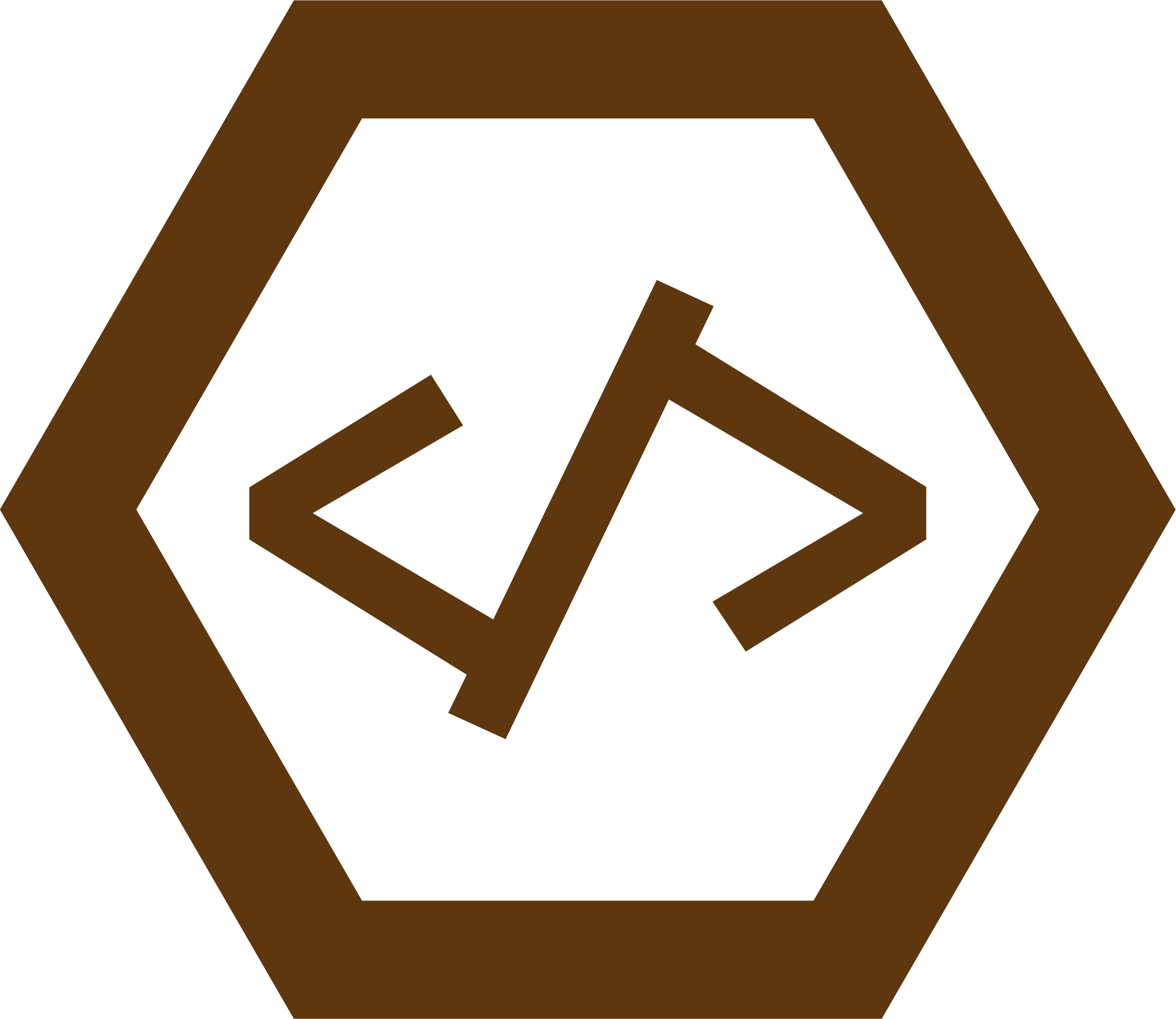The main problem with Python is that it is a high-level language, which means that many of the built-in operations and methods are not directly accessible to programmers. For example, the string method index returns the position of a substring within a string, but this operation is not available as a built-in function. In order to access these functions, programmers must use special syntax or use libraries that provide these functions.
. Python has a number of string methods that can be used to manipulate strings. Some of the most common string methods are: len() - returns the length of a string strip() - removes leading and trailing whitespace from a string replace() - replaces one or more characters in a string with another character or characters split() - splits a string into a list of substrings based on a delimiter
In this code, the len() method is used to find the length of the string “Hello, world!”. The result is printed to the console.
string methods
There are a few string methods in Python that you may find useful. The len() method returns the length of a string, while the str() method returns a string representation of an object. The split() method splits a string into pieces based on a delimiter, and the join() method joins two strings together.
Strings and Python
In Python, strings are immutable sequences of characters. Strings can be accessed in various ways, including by indexing (using an integer value), by slicing (using a range), or by concatenating (joining together) multiple strings.
One important feature of strings in Python is that they can be searched for specific characters using the string search operator, which is represented by the asterisk character ( * ). For example, to find the first instance of the letter “a” in a string, you could use the following code:
string_a = “This is a string” print(string_a)
Output: This is a string
